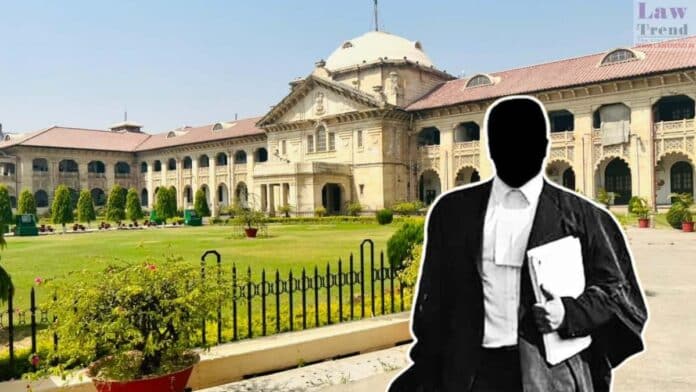The Allahabad High Court recently rebuked the defence counsels representing Padam Singhee in a high-profile money laundering case for sending repeated emails to the Enforcement Directorate (ED). The court noted that these emails, which urged compliance on procedural matters, overstepped the professional boundaries of legal counsel. Background of the Case The case, Padam Singhee v.
To Read More Please Subscribe to VIP Membership for Unlimited Access to All the Articles, Download Available Copies of Judgments/Order, Acess to Central/State Bare Acts, Advertisement Free Content, Access to More than 4000 Legal Drafts( Readymade Editable Formats of Suits, Petitions, Writs, Legal Notices, Divorce Petitions, 138 Notices, Bail Applications etc.) in Hindi and English.







